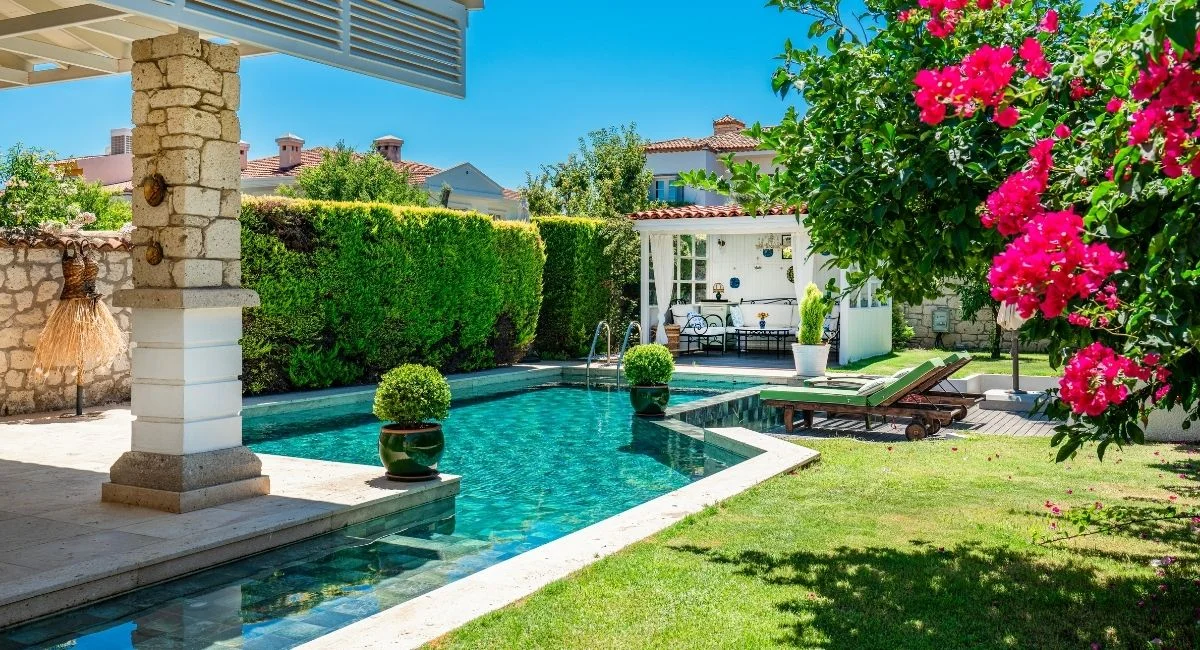
Having a garden pool is an excellent way to create a serene atmosphere in your outdoor space and enjoy refreshing moments on hot summer days. However, to ensure your garden pool remains clean, clear, and healthy, regular maintenance is essential. Over time, issues such as water imbalance, algae growth, limescale buildup, and clogged filters can arise. In this guide, we will walk you through the key steps of garden pool maintenance, offering insights into preserving water quality, ensuring hygiene, and prolonging the life of your pool surfaces.
Why Is Regular Maintenance Necessary for Garden Pools?
Without routine care, problems such as algae buildup, cloudy water, limescale deposits, and chemical imbalance may occur. These issues not only compromise the aesthetic appeal of your pool but also pose health risks. Moreover, Pool Tiles and equipment can deteriorate over time if inappropriate cleaning products are used. If Pool Grates and circulation systems are not cleaned regularly, they may contribute to water contamination.
Key Steps in Garden Pool Maintenance
Establishing a consistent maintenance plan ensures both longevity and hygiene.
- Daily Care: Remove leaves and surface debris, check the pool filter.
- Weekly Care: Test chemical levels, maintain proper pH and chlorine balance, brush pool walls to prevent algae.
- Monthly Care: Clean the filtration system, maintain the Porcelain Tiles, and monitor water levels.
Seasonal maintenance is also critical. As usage increases during summer, cleaning routines should be intensified, while in winter, preventive measures should be taken against freezing and limescale.
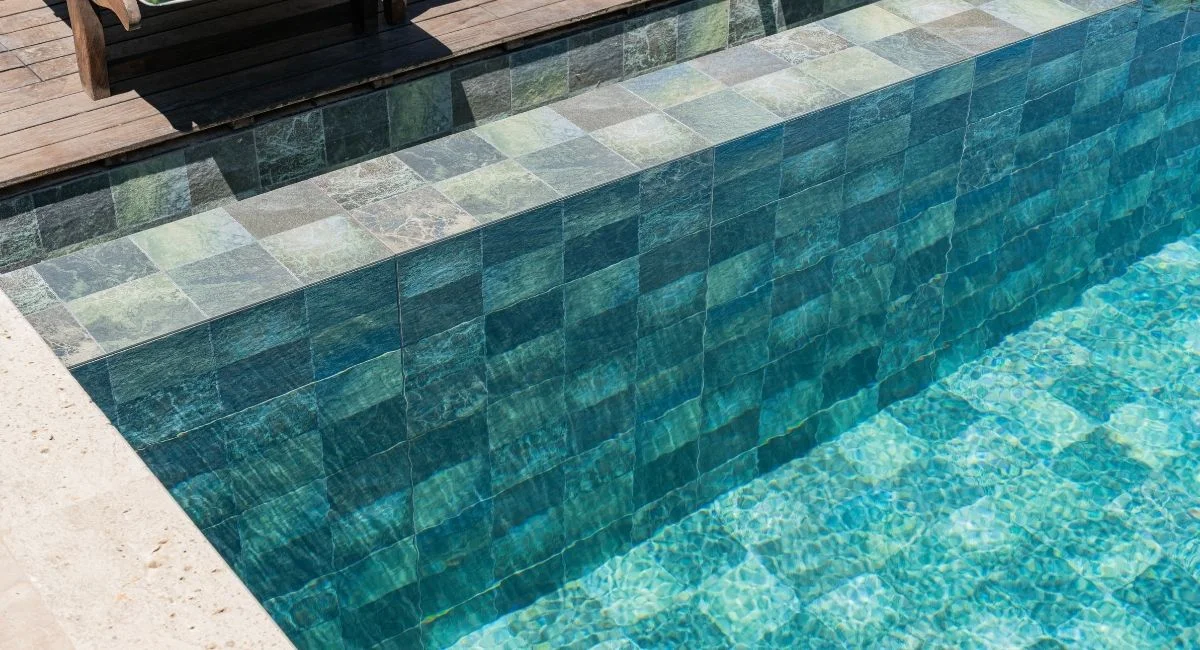
Filtration System and Cleaning
Maintaining water balance and hygiene begins with regular cleaning of the filtration system. Cleaning methods vary depending on filter type, but in general, filters should be disassembled, washed at set intervals, and replaced if necessary. The cleanliness of the Pool Grates should also not be neglected, as residue in these areas can disrupt the filtration process.
Pool Floor and Edge Cleaning
Pool floor and edge maintenance is crucial for both hygiene and safety. Dirt, algae, and chemical residues accumulating on surfaces may lead to slipperiness, increasing the risk of accidents. Consistent cleaning is essential for both aesthetics and safety.
- General Cleaning Routines: Pool floors and edges should be cleared of leaves, dust, and debris daily. Weekly deep cleaning with brushes and surface cleaners is recommended.
- Prevention of Slippery Surfaces: Algae and dirt buildup on Pool Steps and pool edges should be removed regularly. Using Anti-slip Finishes enhances overall safety.
- Limescale and Chemical Residue: As pool water evaporates, limescale stains and chemical residues may form. These must be treated with specialized cleaners, and water balance should be checked frequently.
- Filtration and Drainage Areas: Skimmers and drainage channels around the pool must be kept clean to ensure proper water flow. Accumulated debris here can negatively affect circulation.
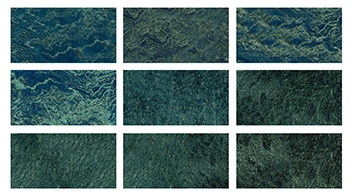
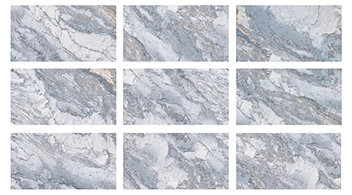
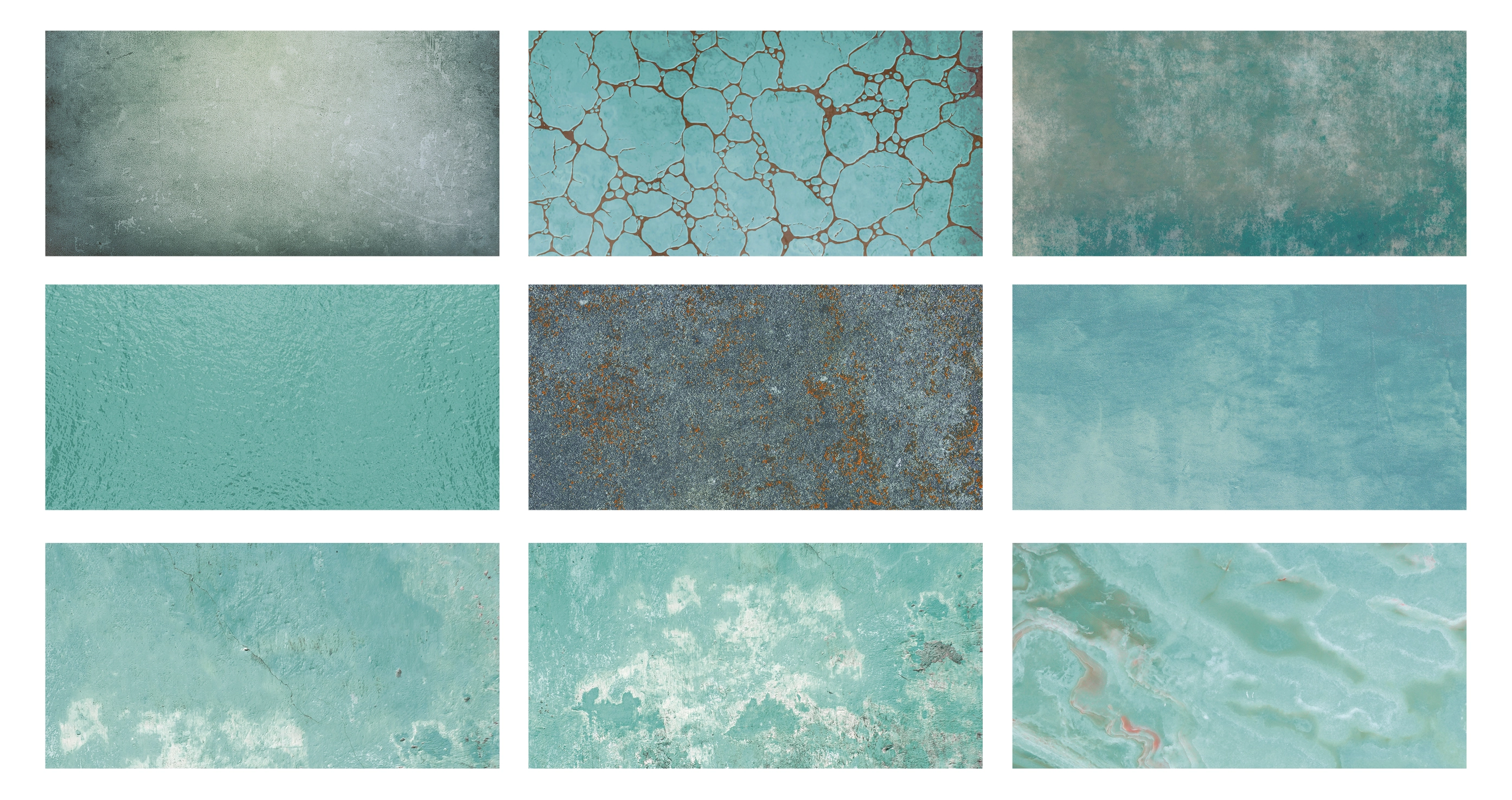
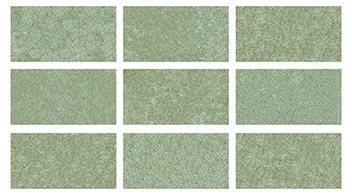
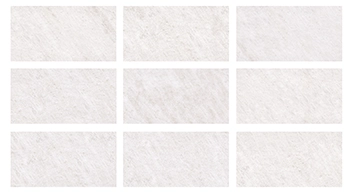
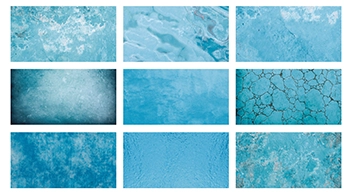
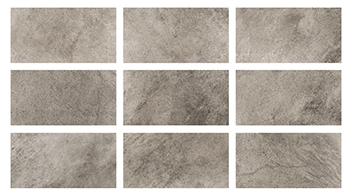
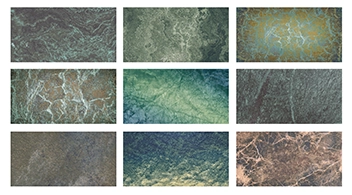

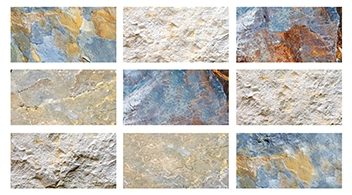
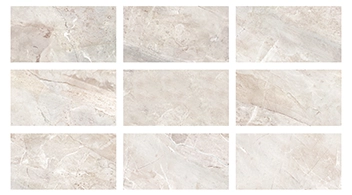
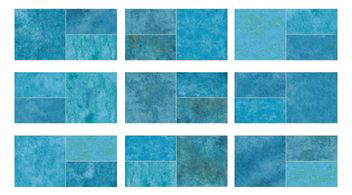
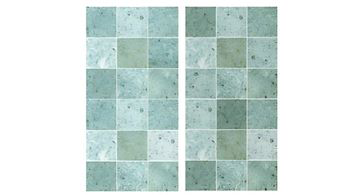

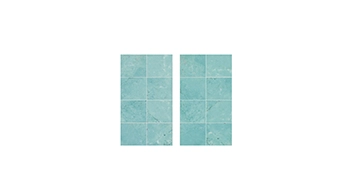


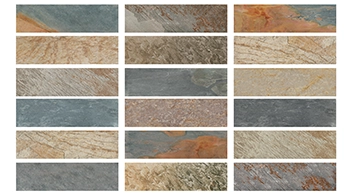
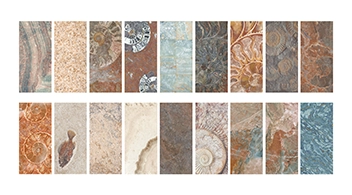

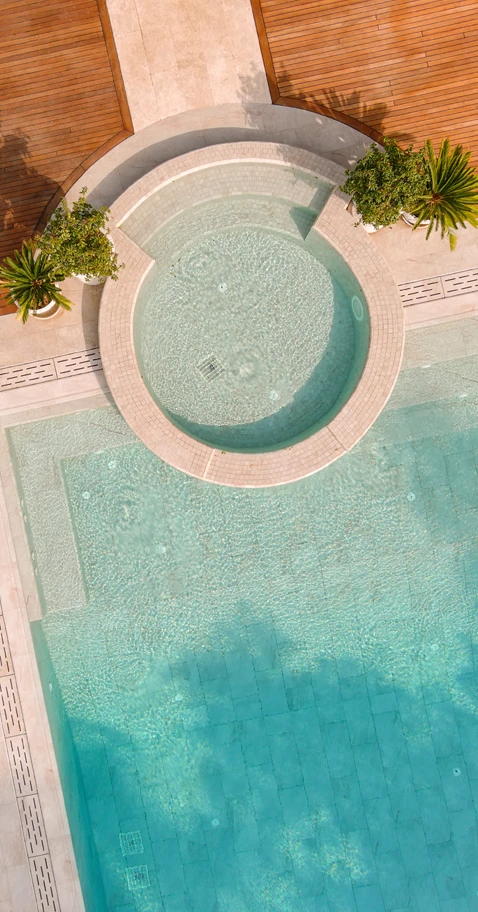



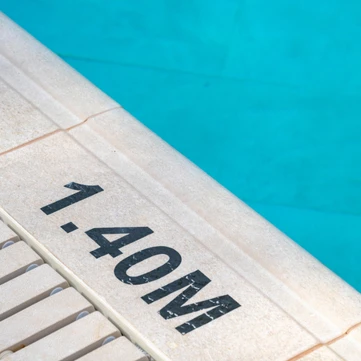
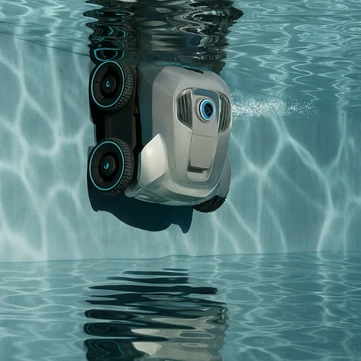
.webp)